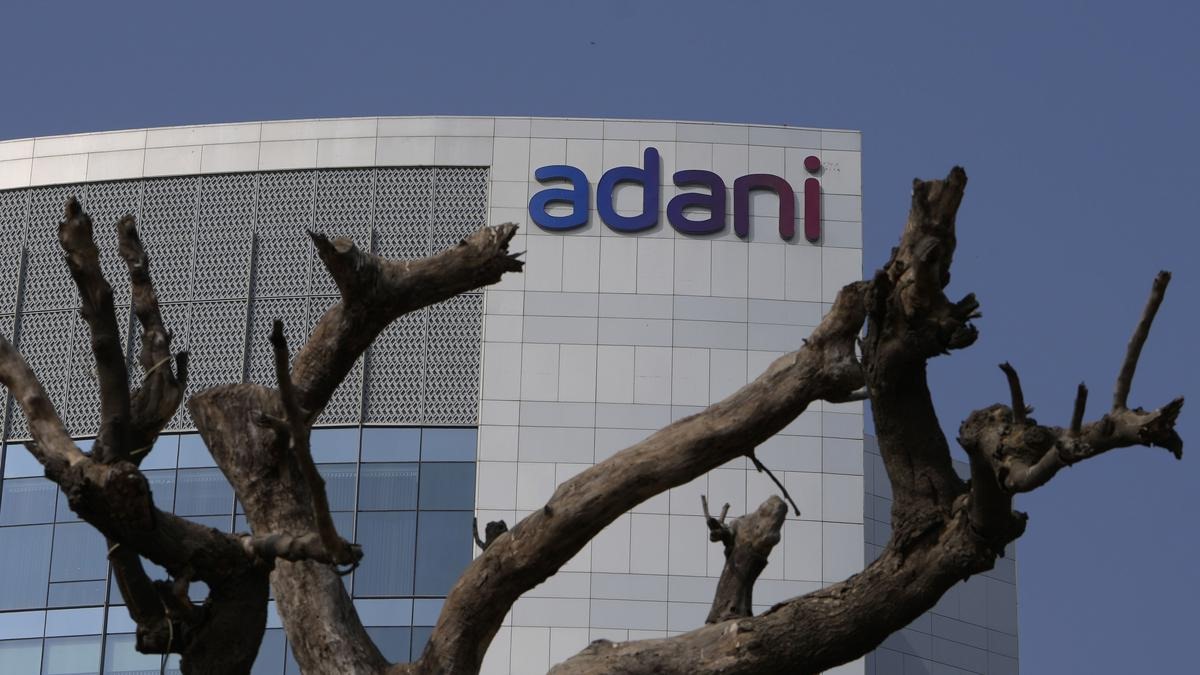Adani Group Denounces Fake Press Release Regarding Kenya Projects
In recent weeks, significant unrest has emerged in Kenya as aviation workers and local communities protest against the proposed takeover of Jomo Kenyatta International Airport (JKIA) by India's Adani Group. The deal, which involves leasing the airport for 30 years in exchange for a substantial investment of $1.85 billion, has sparked widespread concerns regarding job security, transparency, and the implications for national interests

Background of the Proposed Deal
The Kenyan government has defended the proposed lease agreement with the Adani Group, asserting that it is essential for modernizing JKIA, which has been operating beyond its capacity and facing various infrastructural challenges. The government claims that the deal will facilitate necessary renovations, including the construction of a new runway and terminal, aimed at enhancing the airport's operational efficiency
However, critics argue that the arrangement poses significant risks to local employment and could potentially deprive taxpayers of future revenue generated by one of the country's key economic assets. JKIA contributes over 5% to Kenya's gross domestic product (GDP) through passenger and freight fees, making its management a matter of national importance
Workers' Strike and Protests
On September 11, 2024, aviation workers at JKIA initiated a strike that resulted in flight cancellations and stranded passengers. The Kenya Aviation Workers Union (KAWI), which represents a majority of aviation employees in the country, led the protest against what they perceive as detrimental terms of the deal. Union leaders voiced their concerns that the takeover would lead to job losses and deteriorating working conditions for those who remain employed
During the strike, workers chanted slogans like "Adani must go," emphasizing their opposition to the deal. The protests caused significant disruptions at JKIA, with reports indicating that police were deployed to manage security as long queues formed outside departure terminals
Government Response and Negotiations
In response to the protests, Kenyan authorities engaged with union representatives to address their concerns. The government assured workers that any agreement regarding the airport's management would only proceed with their approval. Following these assurances, KAWI temporarily suspended its strike but indicated that it would continue to monitor developments closely
Francis Atwoli, secretary-general of the Central Organization of Trade Unions, stated that a thorough review of the proposed deal was necessary before any final decisions could be made. He emphasized that workers deserved clear guarantees regarding job security under any new management structure
Legal Challenges and Public Sentiment
The proposed lease agreement has also faced legal challenges. The Law Society of Kenya and other human rights organizations have raised concerns about transparency in the deal. A High Court ruling has temporarily halted its implementation until a judicial review can be conducted. This legal scrutiny reflects broader public sentiment questioning whether leasing such a vital national asset to a private entity aligns with Kenya's long-term interests
Many Kenyans are skeptical about foreign investments in critical infrastructure, particularly given past experiences with privatization efforts that did not yield promised benefits for local communities. The ongoing protests highlight a growing awareness among citizens about their rights to participate in decisions affecting national resources
Implications for Future Investments
The controversy surrounding Adani's proposed takeover is indicative of broader challenges faced by foreign investors in Kenya. While international companies are often seen as potential sources of capital and expertise necessary for infrastructure development, any perceived lack of transparency or disregard for local concerns can lead to significant backlash
As Kenya continues to navigate its economic landscape marked by heavy debt and pressing infrastructure needs, balancing foreign investment with local interests will be crucial. The government must ensure that any agreements made are not only economically viable but also socially responsible and inclusive.



